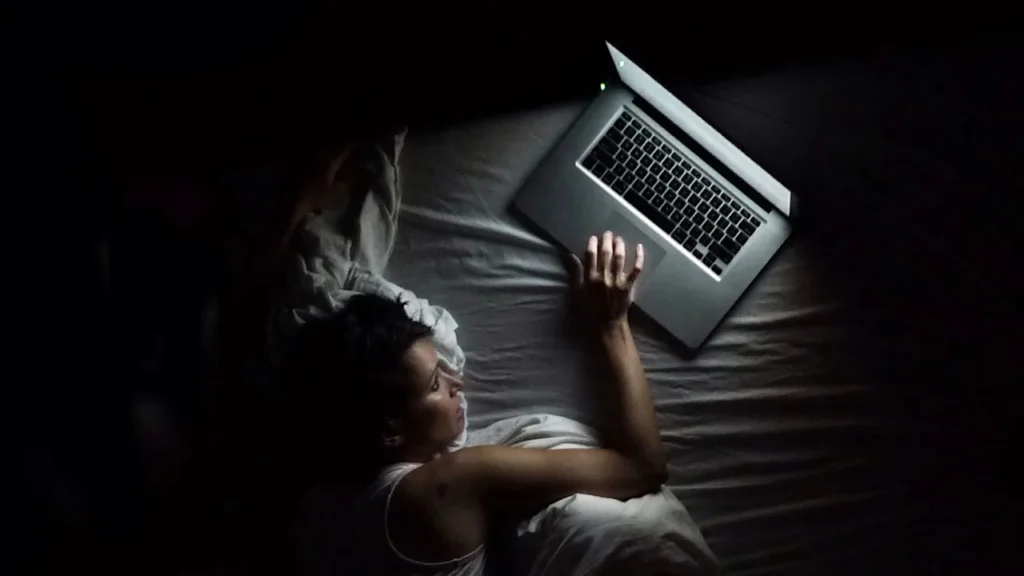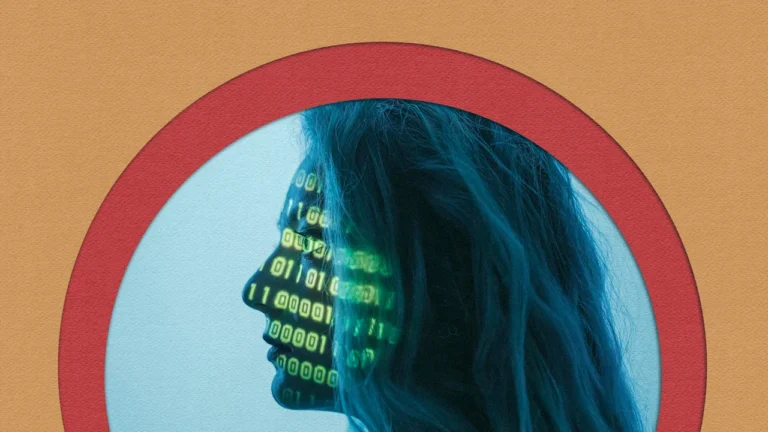
I’m a night owl, so I’m interested when I come across studies about what happens to people who habitually stay up late. Sometimes they can be disturbing, and sometimes they’re innocuous. But sometimes — like the latest one I’ve read — they come with a silver lining.
Today’s study comes to us from the medical school at the University of Groningen in the Netherlands. It involves tracking the sleep habits and health outcomes of nearly 24,000 people over 10 full years.
Let’s give you the results up front: good, bad, and the reason to look on the bright side.
Writing in The Journal of Prevention of Alzheimer’s Disease, the Dutch researchers said they tracked the sleep habits and the degree to which they displayed cognitive decline over the same period.
The results were disconcerting on their face for night owls; people who habitually stay up late wound up with faster cognitive decline than those who go to bed early.
But, there was an unexpected twist. The less education night owls had, the less likely they were to experience similar levels of cognitive decline over the study period.
That finding begs for an explanation, and researcher Ana Wenzler, a Ph.D. candidate in the university’s department of epidemiology, offered a few:
First, as we saw in another recent study, people who stay up late are less likely than their early-to-bed peers to exercise during the day.
Second, people who go to bed early simply sleep through many of the times when other people smoke, drink, and eat unhealthy foods most often.
Finally — and this might be the most interesting — the increased correlation between more education and more cognitive decline for night owls might stem from the fact that, statistically, more educated people wind up trapped in a daytime work hours environment, even when their natural rhythms might be better served by a different schedule.
As Wenzler explained in an accompanying statement:
“That probably has to do with their sleep rhythm. They are often people who have to go back to work early in the morning and are therefore more likely to sleep too short, giving their brains too little rest.
We suspect that lower- or middle-educated people are more likely to have a job that allows them to take their sleep rhythm into account, such as a job in the hospitality industry or one with night shifts. If this is not possible, your brain does not get enough rest and you are more likely to adopt bad habits.
It would be nice if more consideration was given to evening people who now have to work early: for example, by giving them the option of starting later.”
This is the part I look at as a silver lining. Because, even as workplaces have evolved during the 10 years or so that the study period covered, many highly educated night owls have, in fact, adjusted.
More of us work remotely, more of us work for ourselves, and more of us have worked out flexibility. We’ve actually given ourselves “the option of starting later” if it fits our schedules better.
In my personal situation, that’s exactly what’s happened. If you go back to the earlier parts of my career, I was chained to an inflexible schedule at work. As an example, I had a job that required me to battle a Los Angeles commute and be sitting at my desk by 7:30 a.m. each day.
Let’s just say it was a struggle.
Today, I’m fortunate in that I answer to nobody but myself, and so I set my own hours. I probably put in a lot more time each week than I once did when I was on someone else’s schedule, but the hours I work are better suited to my natural chronotype (or “biological clock”).
Of course, we’re hearing about this study just as many big companies are swinging the pendulum back the other way, requiring employees to be in the office more often, and limiting remote work and flexibility.
Maybe that’s a competitive opportunity if you’re running a business.
Great employees come in all chronotypes: night owls and early birds alike.
Call it another silver lining.
— By Bill Murphy Jr.
This article originally appeared on Fast Company’s sister publication, Inc.
Inc. is the voice of the American entrepreneur. We inspire, inform, and document the most fascinating people in business: the risk-takers, the innovators, and the ultra-driven go-getters that represent the most dynamic force in the American economy.


